CM KCR says that the Godavari waters reach ayacut areas faster than the areas under the Krishna
Fri 22 May 2020, 11:16:52
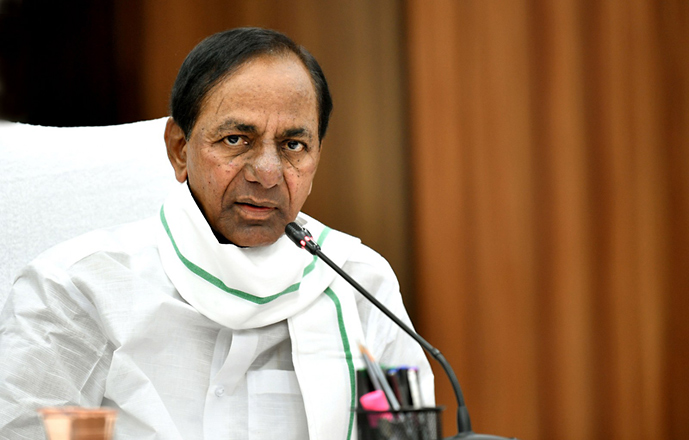
Chief Minister K Chandrashekhar Rao on Thursday suggested that paddy varieties that take longer time to mature be taken up under Godavari-based irrigation projects while short-term varieties be taken up in areas dependent on the Krishna considering the quantum of water available in these rivers.
The Chief Minister said the Godavari waters reach ayacut areas faster than the areas under the Krishna. The State government also decided to set up rice, dal and oil mills, and many other food-processing units. “I have asked the district authorities to select the land for these special economic zones (SEZs) which will have a godown in the vicinity. Don’t give permission for the construction of houses near these SEZs. The government wants godowns in all the 125 mandals, and every godown must have a cold storage facility too,” he said.
Calling for stern action against traders selling low-quality or spurious seeds to farmers, the Chief Minister directed officers to identify and book them under the PD Act. He also wanted the process of the appointment of all AEOs to be completed before May 25.
He advised farmers to go for red gram as the government would be procuring the entire produce at the minimum support price (MSP). This crop also helps in increasing fertility of the agricultural land, he said, adding that cotton had very good
demand as there were 320 ginning mills with a capacity of one crore bales of cotton. “There will be no glut in the market even if the farmers take up the crop in 70 lakh acres,” he said and instructed the officials to ensure that new ginning mills were encouraged in other areas of the State too.
demand as there were 320 ginning mills with a capacity of one crore bales of cotton. “There will be no glut in the market even if the farmers take up the crop in 70 lakh acres,” he said and instructed the officials to ensure that new ginning mills were encouraged in other areas of the State too.
Chandrashekhar Rao called upon the representatives of the Rythu Bandhu Samithis to take up a demonstration of new crop varieties and new methods of cultivation in their farmhouses since the typical farmer would have no such inclination to experiment. He urged the district officials not to hand over any extra work to the agricultural officers who would be busy with the regulated farming. He asked them to prepare district-wise agriculture cards on annual basis and register the crops taken up in those cards.
He also wanted enumeration of district, mandal and village-wise data of harvesters, tractors, cultivators, paddy-planting machines and other farm equipment. He opined that such information would be useful in the future to take up mechanisation in a big way. “All the districts should have soil testing laboratories, and all the agricultural officers must be provided with allowance and travel expenses,” he said. He directed the Agriculture Department to open yards and start procuring turmeric.
No Comments For This Post, Be first to write a Comment.
Most viewed from Hyderabad
Most viewed from World
AIMIM News
Latest Urdu News
Most Viewed
May 26, 2020
Is it right to exclude Bangladesh from the T20 World Cup?
Latest Videos View All
Like Us
Home
About Us
Advertise With Us
All Polls
Epaper Archives
Privacy Policy
Contact Us
Download Etemaad App
© 2026 Etemaad Daily News, All Rights Reserved.

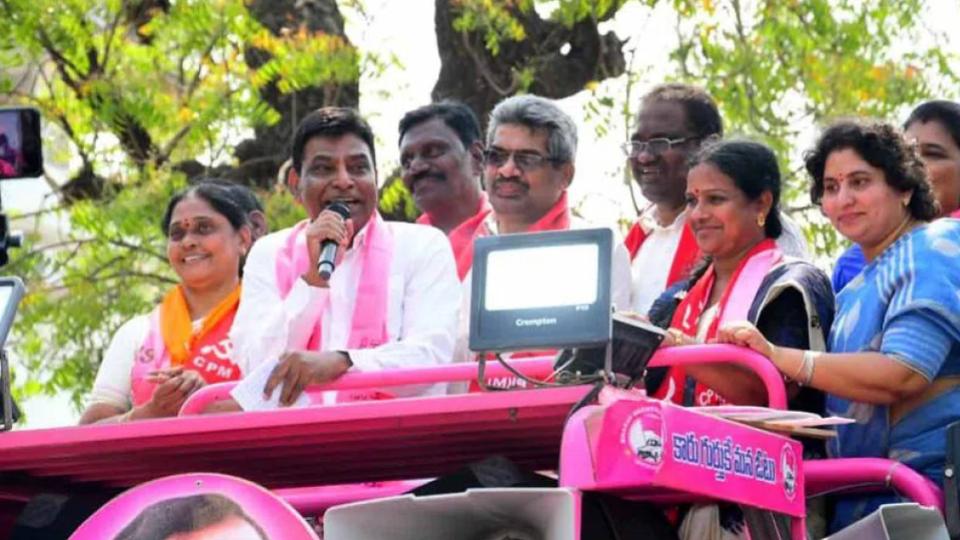

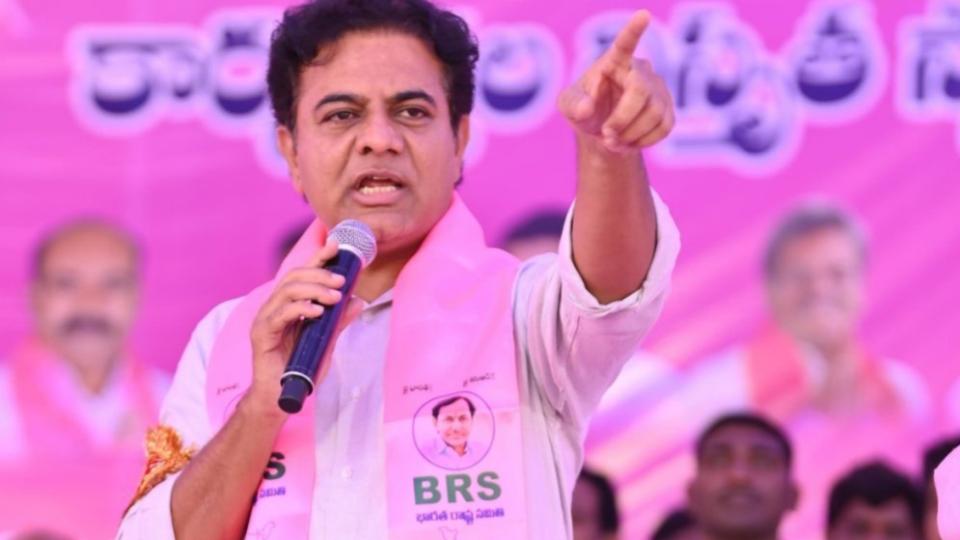


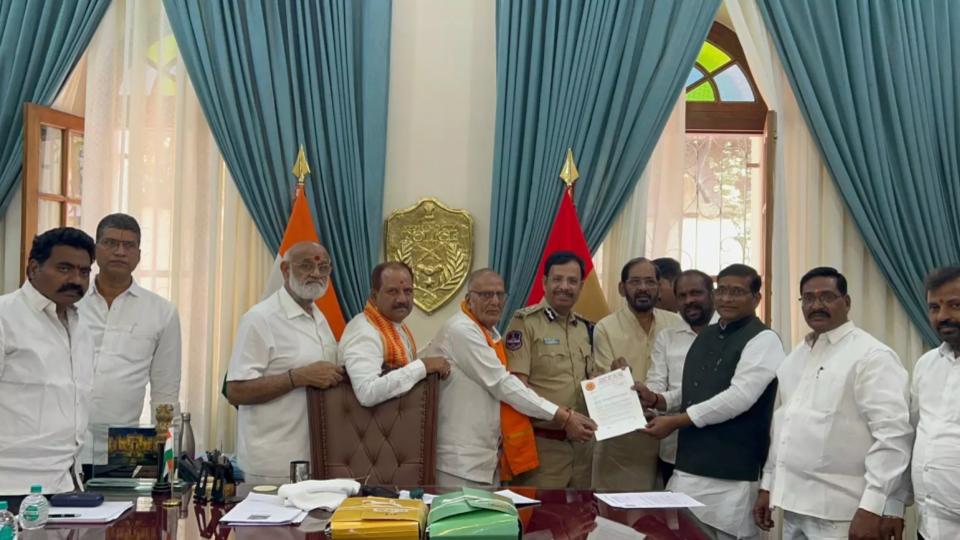

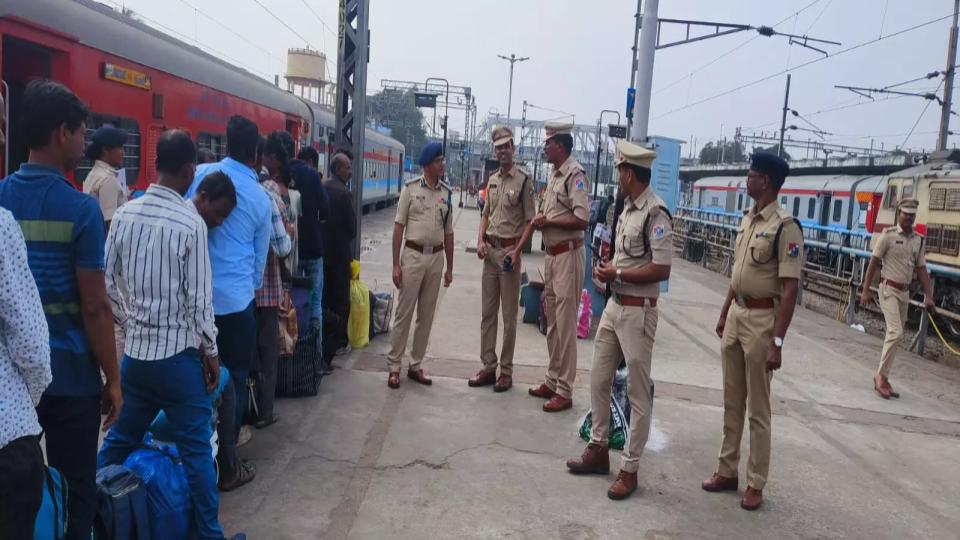
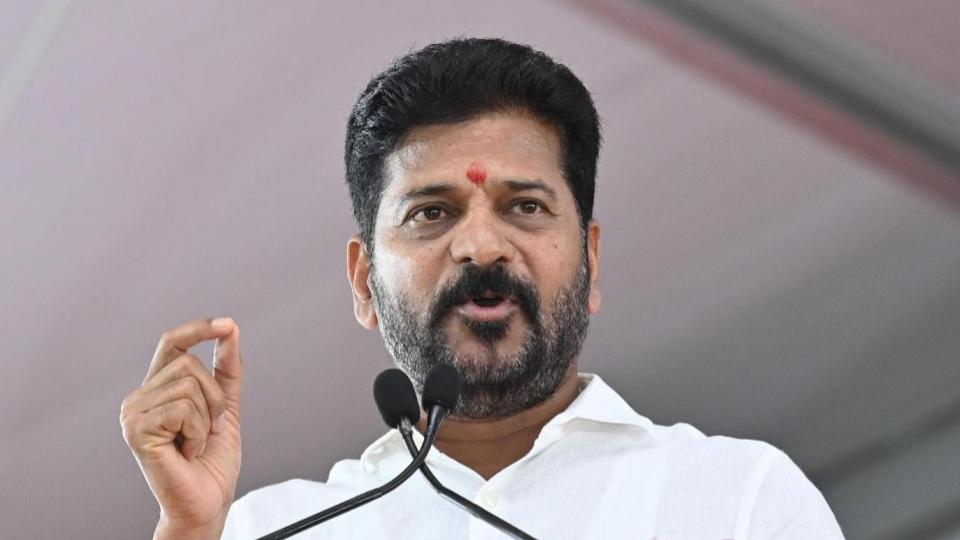
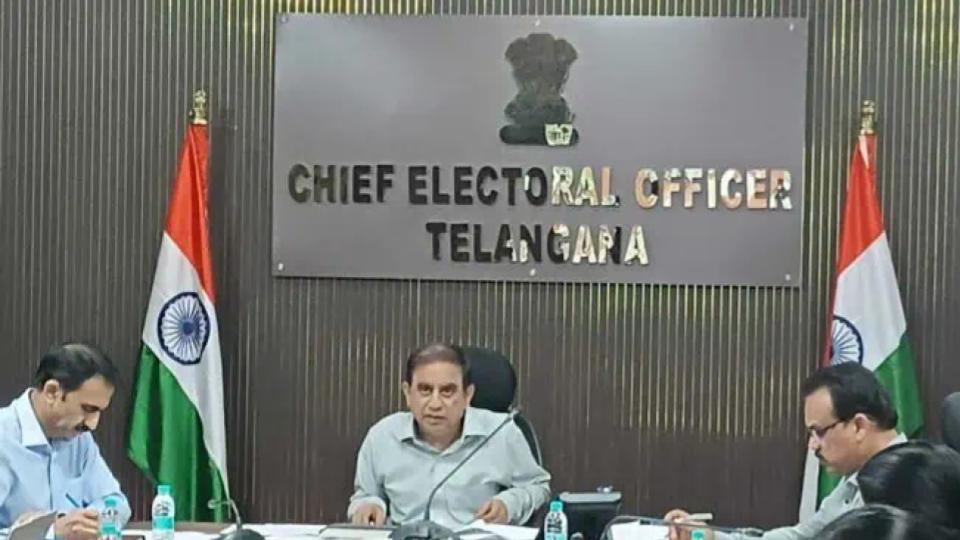
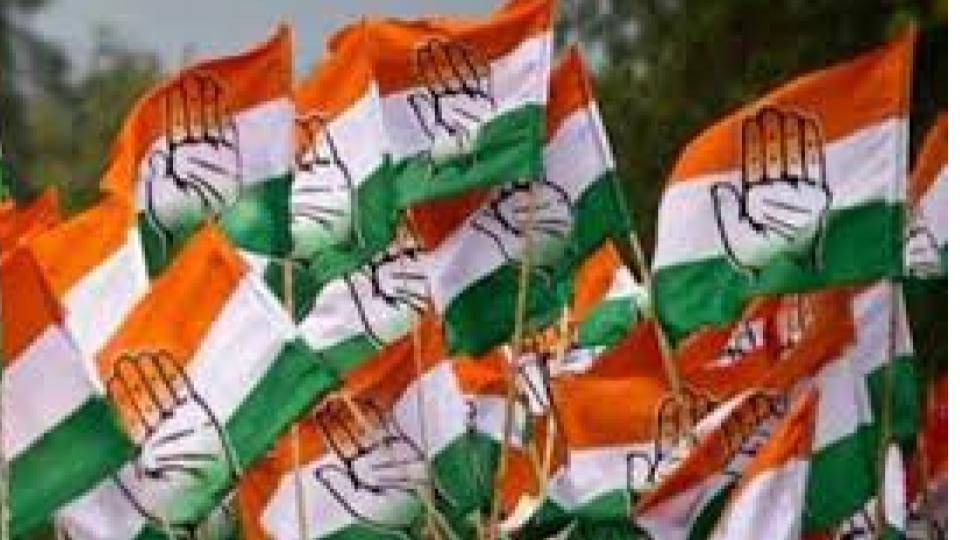
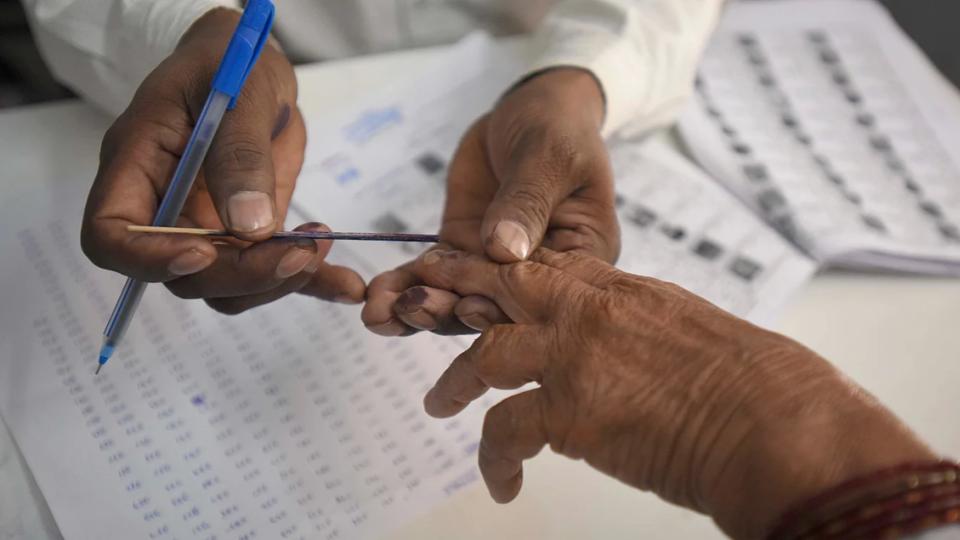




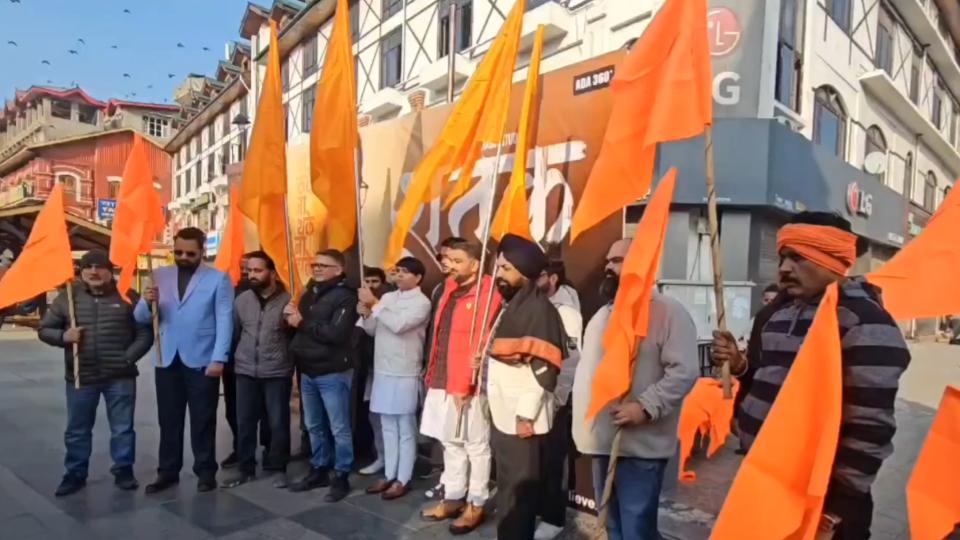


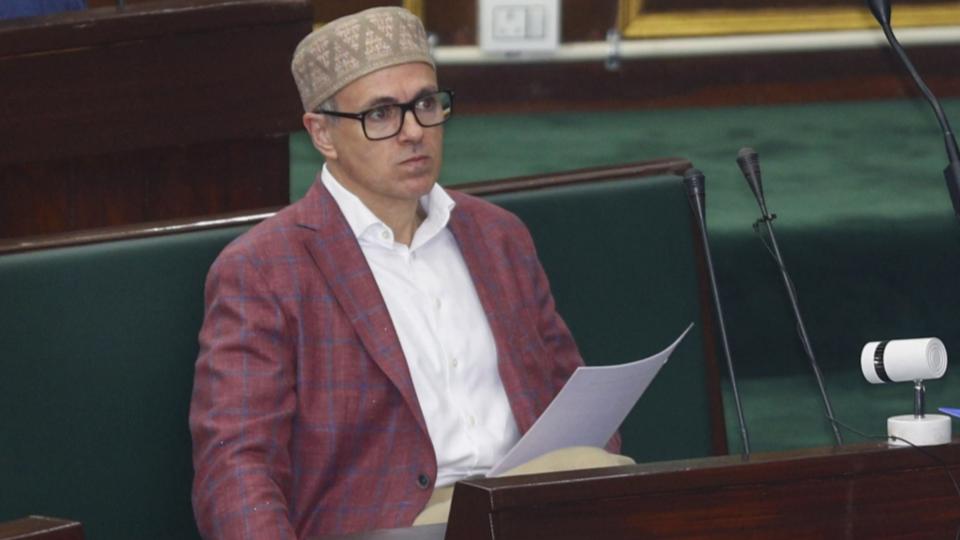
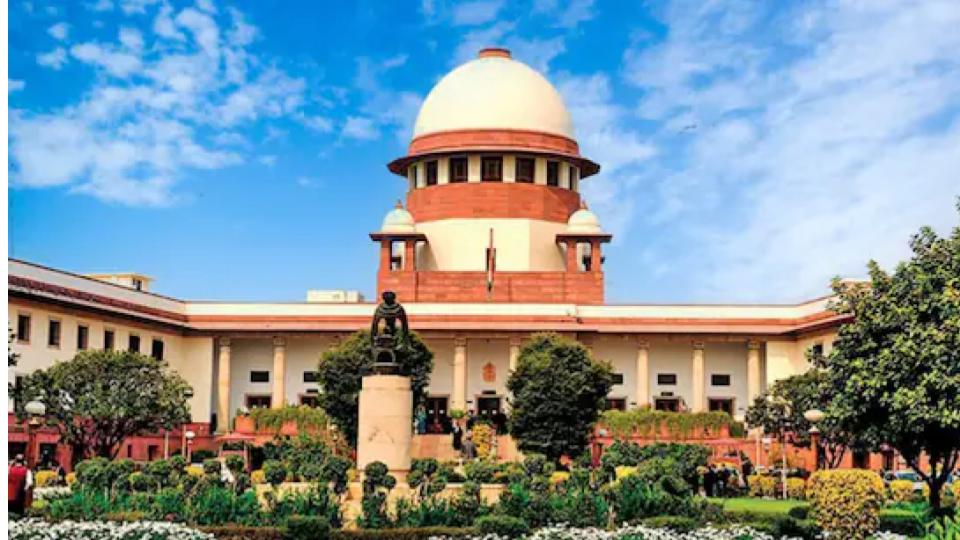















.jpg)
.jpg)
.jpg)


